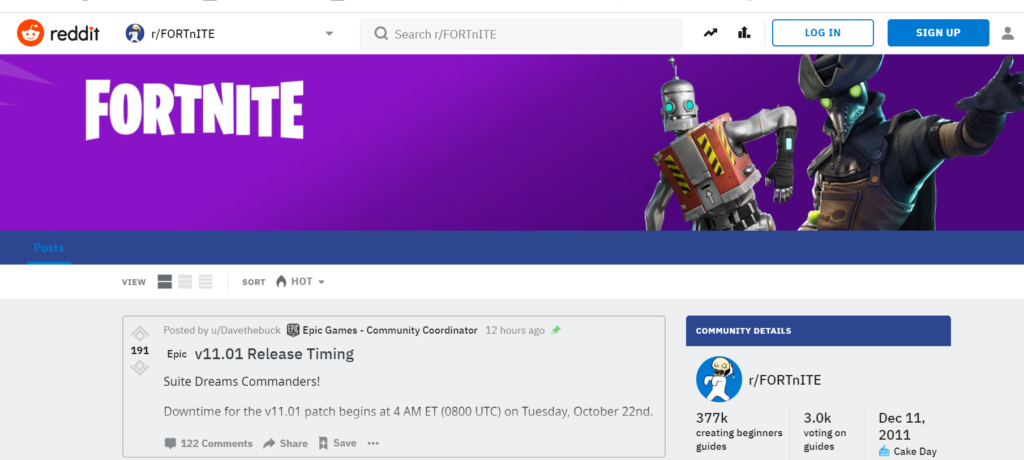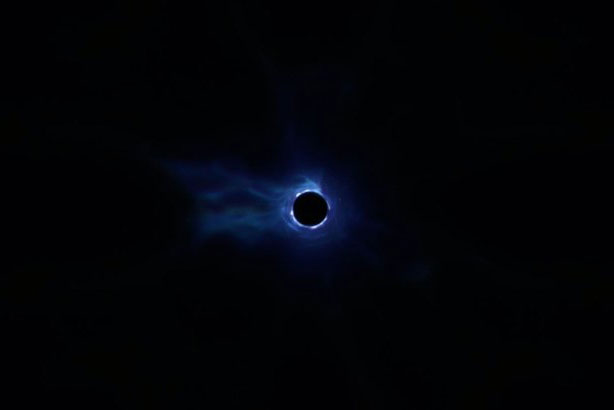Fortnite skyrocketed into fame over the past few years, dominating Twitch gaming livestreams, Instagram meme accounts, devoted subreddit pages and even working its way on to the dance floors of middle schools through the popular games derived from the games like “flossing” and the “Orange Justice.”

While the game seemed to suddenly make its way into the popular culture realm, a “careful confluence of factors” had been readying the game to propel it there (Lorenz). Not only is it a product that is free to play, which isn’t very common in the industry, but it also is open to all ages, is widely available (you don’t need a fancy system to play), and has a unique and fun format that has been described as unlike anything else in gaming. In addition, they weave popular culture references throughout the game providing lots of content for people to post and naturally and organic market the product to their friends and family.

This point of natural organic marketing is where most of their strategy lies. Through a perfect storm of conditions, they have set the game up to have so many elements for players to talk about to their friends or family and post on social media about. Once the ball started rolling on people playing and buzzing about the game, it just grew exponentially more powerful from there with celebrities like Drake joining in the hype and further amplifying the surrounding buzz. Rather than spending energy or efforts on creating marketing deliverables, Fortnite employed an alternative strategy: focusing on creating innovative and exciting changes or ‘Easter eggs’ within the game that would get people talking—and essentially do the marketing work for them.
Speaking to this, “Videos were crossing into genres including people and vlogs as well as entertainment; essentially, the renowned video game was appealing to both gamers and non-gamers alike, a feat which many video game publishers would kill to achieve themselves. And Epic Games did no traditional marketing to earn this attention for their game—the publisher basically sat back and watched the views flow in!” reported Tubular Insights.
Adhering to this strategy, Fornite’s most recent move sent ripples through both the gaming and marketing communities alike. Last week, following a cryptic tweet reading “The end is near”, when users attempted to log into their Fortnite server, they were greeted with the whole entire realm having disappeared, with a meteor having set off a chain of events and wiping out the whole map, leaving nothing but a black hole in its place. Players were continued to be shut out for two whole days, with them turning to various outlets to discuss what could potentially be happening and what could be in store for the game’s future—and if there even was one.
The Fortnite accounts didn’t offer any kind of explanation and just showed a live video stream of the black hole on the game on Twitter and their website (that garnered upwards of 57k viewers last Monday morning), their profile picture turned to just plain black, and they deleted all of the previous tweets posted on the account. Concerns arose about whether the game was over for good, and players who had stopped playing as frequently as they used to began to miss that option of playing the game if they wanted to. The classic notion of longing for something once it was gone was put into place.

Following the two days, much to users relief, the game was back with a brand new edition called Fortnite: Chapter 2. It had several new features, new island settings, new locations and more. Fortune reported on the incident saying “It was, of course, a PR stunt. But it was one that did exactly what it was supposed to. It put Fortnite—and its new release Fortnite Chapter 2—firmly back into the collective gaming conversation just as the game was beginning to lose a bit of its coolness factor.” Variety Magazine also wrote about it, dubbed this act a “masterful marketing stroke” and comparing it to similar hysteria induced by Taylor Swift before the release of her album Reputation when she briefly deleted all of her social media accounts.

Fornite, their past rise into the gaming stratosphere, and this most recent marketing incident serve as prime case studies for how successful organic marketing can be when executed and built off of correctly. However, after learning more about these stunts and the success of them I’m left with a couple questions. Firstly, what can the lifespan of a brand that solely relies on organic marketing be—will their be a point where they have to turn to traditional and will that, however, deviate from the initial integrity and culture of the brand? Secondly, how long people think this slight revival of heightened interest in Fortnite will last? As it was beginning to slip from everyday culture as the Forbes article mentioned, will its relevance once again begin to dip after people get bored with the slightly new locations/features and is there anything that may be able to keep it holding on at that point?
Sources:
https://fortune.com/2019/10/15/fortnite-chapter-2-launch-black-hole-faq/
https://www.thedailybeast.com/how-fortnite-became-the-biggest-game-on-the-internet
https://tubularinsights.com/fortnite-marketing-youtube-facebook/

One Response to Examining Fortnite’s Organic Marketing Success & Their Most Recent Blackout Marketing Stunt